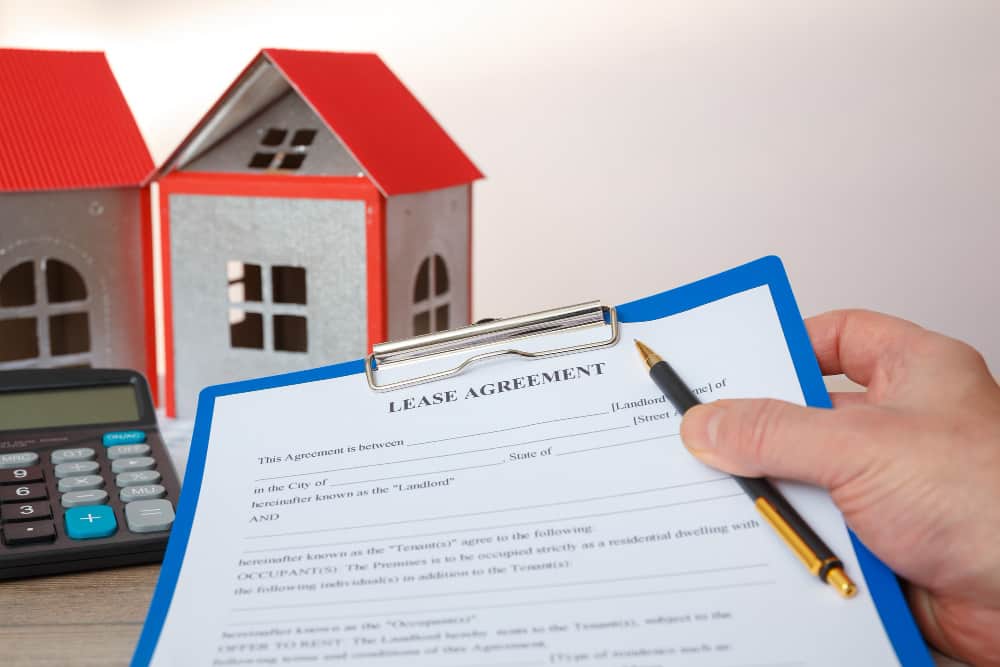When it comes to real estate, lease agreements are essential for both property owners and tenants. But one term that often creates confusion is "lessor." Who exactly is the lessor, and what role do they play in a lessor of real estate? This article unpacks the concept of the lessor and breaks down their responsibilities in a lease agreement.

What is a Lessor?
A lessor, in the simplest terms, is the property owner. They are the individual or entity that legally owns the real estate being leased out to a tenant. The lessor enters into a lease agreement to allow the tenant (also referred to as the lessee) to use their property for a specific period in exchange for rent.
Whether we're talking about residential apartments, commercial office spaces, or retail shops, the lessor plays a critical role in facilitating the rental process and ensuring the property is well-managed during the lease term.
Key Responsibilities of a Lessor in a Real Estate Lease
While a lease agreement benefits both parties, the lessor has specific obligations to fulfill as a property owner. Here are the primary responsibilities a lessor takes on in a real estate lease:
- Providing the Property in Good Condition
One of the lessor’s primary obligations is to ensure the property is in reasonable and habitable condition before the tenant moves in. This means:
- Repairing any damages that existed prior to the lease.
- Ensuring the property complies with local safety and building codes.
For instance, if the lessor is renting out a commercial space, they might need to check that electrical systems and HVAC units are functioning correctly.
- Drafting and Signing the Lease Agreement
The lease agreement is a legally binding contract that outlines the terms and conditions of the lease. It’s the lessor's responsibility to:
- Clearly document the rent amount, payment due dates, and lease duration.
- Include any rules or restrictions tied to the property, such as pet policies or allowed renovations.
This document serves as the foundation of the relationship between the lessor and tenant, ensuring mutual understanding and accountability.
- Maintaining the Property
During the lease period, the lessor must conduct necessary routine maintenance to keep the property functional and safe. This might include:
- Fixing leaking pipes or damaged roofs.
- Taking care of shared utilities in multi-unit buildings, like lighting in shared hallways.
Failure to address maintenance issues promptly could breach the lease agreement and lead to legal disputes.
- Collecting Rent
The lessor is responsible for collecting rent from the tenant as agreed in the lease. This could involve setting up digital payment systems or more traditional methods, like checks. Additionally, they may impose late fees if the tenant fails to meet payment deadlines, as specified in the lease.
- Handling Insurance and Taxes
Lessors are typically responsible for insuring the property to protect against damage or liability. They also pay property taxes to local jurisdictions, ensuring the property adheres to legal and financial obligations.
- Managing Legal Compliance
A lessor must ensure the lease agreement and property operations comply with all relevant laws, such as fair housing laws, zoning laws, and local leasing regulations. Ignorance of these laws could result in severe penalties, so many lessors work with attorneys or property managers to stay compliant.
Final Thoughts
The lessor is more than just a property owner—they play a pivotal role in maintaining a fair and functional lease arrangement between themselves and the tenant. From drafting lease agreements to ensuring compliance with regional laws, their responsibilities extend beyond just collecting rent.
Understanding the role of a lessor can help tenants better appreciate their landlords' obligations while also encouraging them to maintain a healthy lease relationship. Whether you're stepping into the world of real estate as a tenant or lessor, knowing your responsibilities is the first step to securing a hassle-free lease experience.
 icons at the top right corner of the subsection.
icons at the top right corner of the subsection.